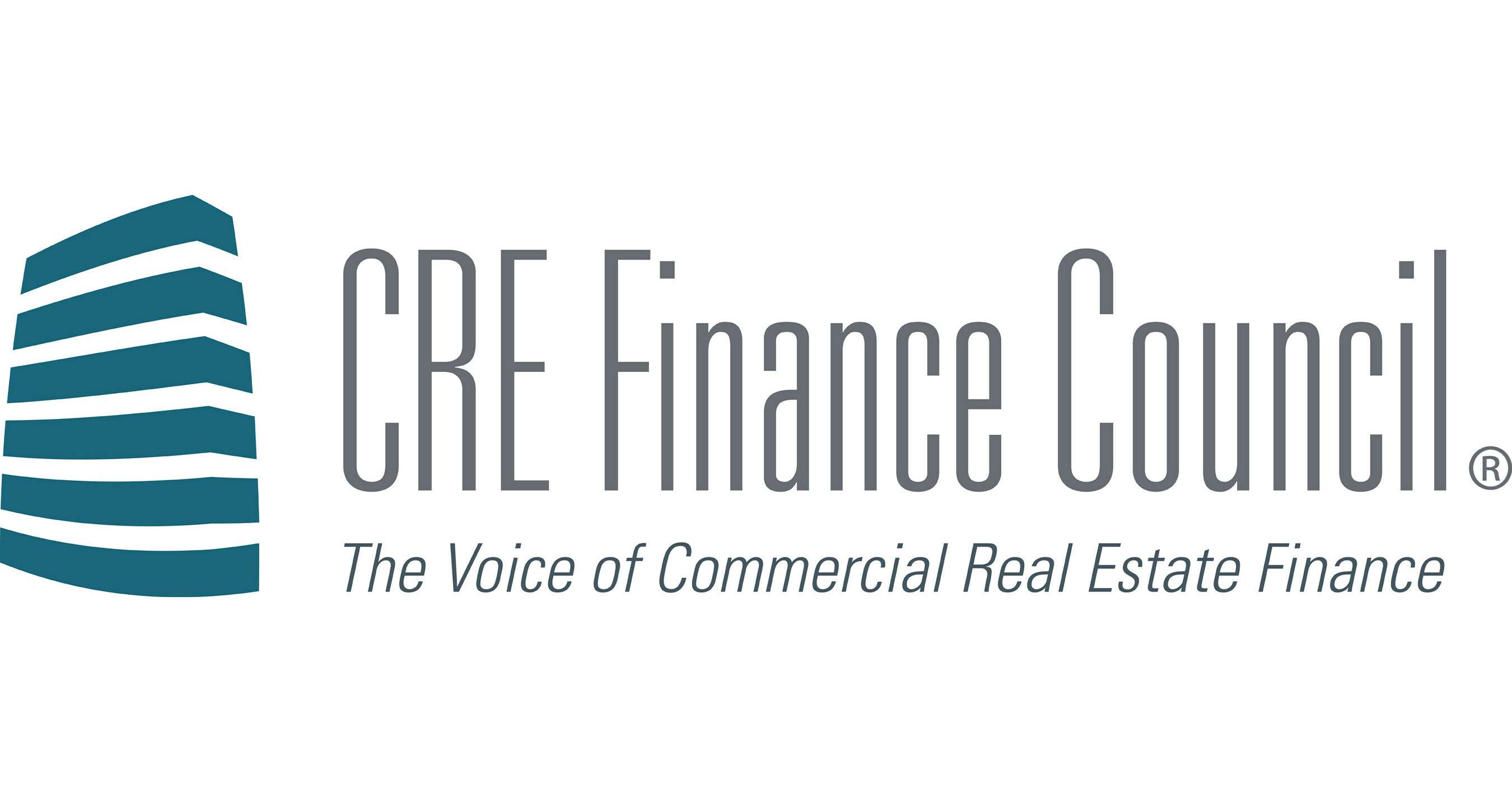W
ashington‑based investor Dion McNeeley retired early by building a portfolio of rental properties. He believes in offering tenants rents below market levels and uses a “binder strategy” to involve them in the pricing conversation. In a binder he shows a photo of the unit, its purchase price, and a map of comparable rentals in the area. By explaining how the rent compares to the local average, tenants often agree to a modest increase—usually more than $300—while still feeling they’re getting a deal. This transparency keeps tenants satisfied, reduces turnover, and saves McNeeley the cost of constantly finding new renters.
Florida‑based couple Ted and Jamie Garber own 28 units across 15 commercial and residential properties. Since buying their first rental in 2020, they’ve adopted a counterintuitive policy: always rent at or below market rates. The strategy attracts a high volume of applications and discourages tenants from moving. “They appreciate the lower rent and take better care of the place,” Ted says, noting the win‑win nature of the approach. Despite the below‑average rents, the Garbers earn a six‑figure passive income and spend only about ten hours a month on real‑estate tasks.
Their rent‑increase policy is market‑dependent. In Florida, rising insurance premiums sometimes force a rent bump, but they cap it at a maximum of 5 % per year, a clause already built into leases. In other markets, such as areas saturated by institutional investors like Invitation Homes, they find that supply far exceeds demand, so raising rent would be counterproductive. In those cases, they keep rents steady to maintain occupancy.
The Garbers’ marketing and listing tactics help them fill units quickly. When they acquired new single‑family homes, they were able to rent them within days of closing, thanks to targeted outreach. They also monitor market trends closely; if a neighborhood becomes oversaturated, they adjust their strategy accordingly.
Both McNeeley and the Garbers demonstrate that offering below‑market rents, when paired with clear communication and market awareness, can lead to high occupancy, tenant satisfaction, and substantial passive income. Their approaches reduce turnover costs, keep tenants invested in the property, and ultimately support long‑term financial independence.















